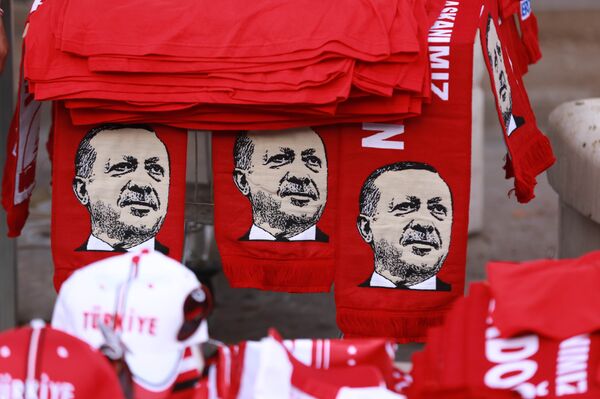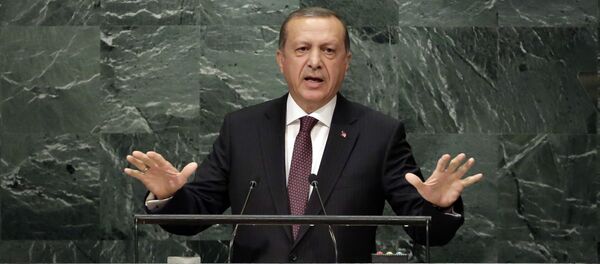Eight independent TV stations have been closed down under the terms of the state of emergency imposed by the Turkish Government, following the failed coup attempt of July 15, 2016, after which a series of decrees led to the rounding-up of Erdogan's opponents — including members of the judiciary, government and the military — as well as a crackdown on independent media.
"Fears that the government would make opportunistic use of the state of emergency to silence critics who have nothing to do with the July 15 coup attempt have come true," said Emma Sinclair-Webb, Turkey director at Human Rights Watch.
"This week's closure of TV and radio channels popular with Kurds, the Alevi religious minority, and supporters of opposition parties takes Turkey back to the old days and shows that the government wants no version of the news on television or radio other than its own."
Under the terms of the EU-Turkey migrant deal, "irregular migrants" — those refused asylum — in Greece would be sent back to Turkish refugee camps in return — on a one-for-one basis — for Syrian refugees in Turkey being relocated to EU member states.
'Threat to National Security'
Contingent on the deal is the acceleration of Turkey's accession into the EU, but that comes with a series of caveats — not least, Ankara meeting EU standards on human rights, freedom of speech and media freedom.
On September 28, the official Anatolian Agency reported that 23 television and radio stations — the most prominent of which is the news and current affairs-focused İMC TV — were to be closed down completely. İMC TV had already been removed from the state-owned Turksat satellite distribution platform in February, severely cutting its ratings.

The basis for closing down the stations is a July decree that listed 131 media and publishing outlets to be shut down and provides that the relevant minister could approve the closure of any further private media outlet "not on the list" if they were judged by the government "to be a threat to national security or linked or in contact with terrorist groups."
"Used to fight against terrorism, the state of emergency is today used to silence the opposition. The decision to remove those TV channels is completely illegal and is a clear violation of media freedom as well as an attack on the public's right to access information," said a statement from TGS, the Journalists Union of Turkey.



